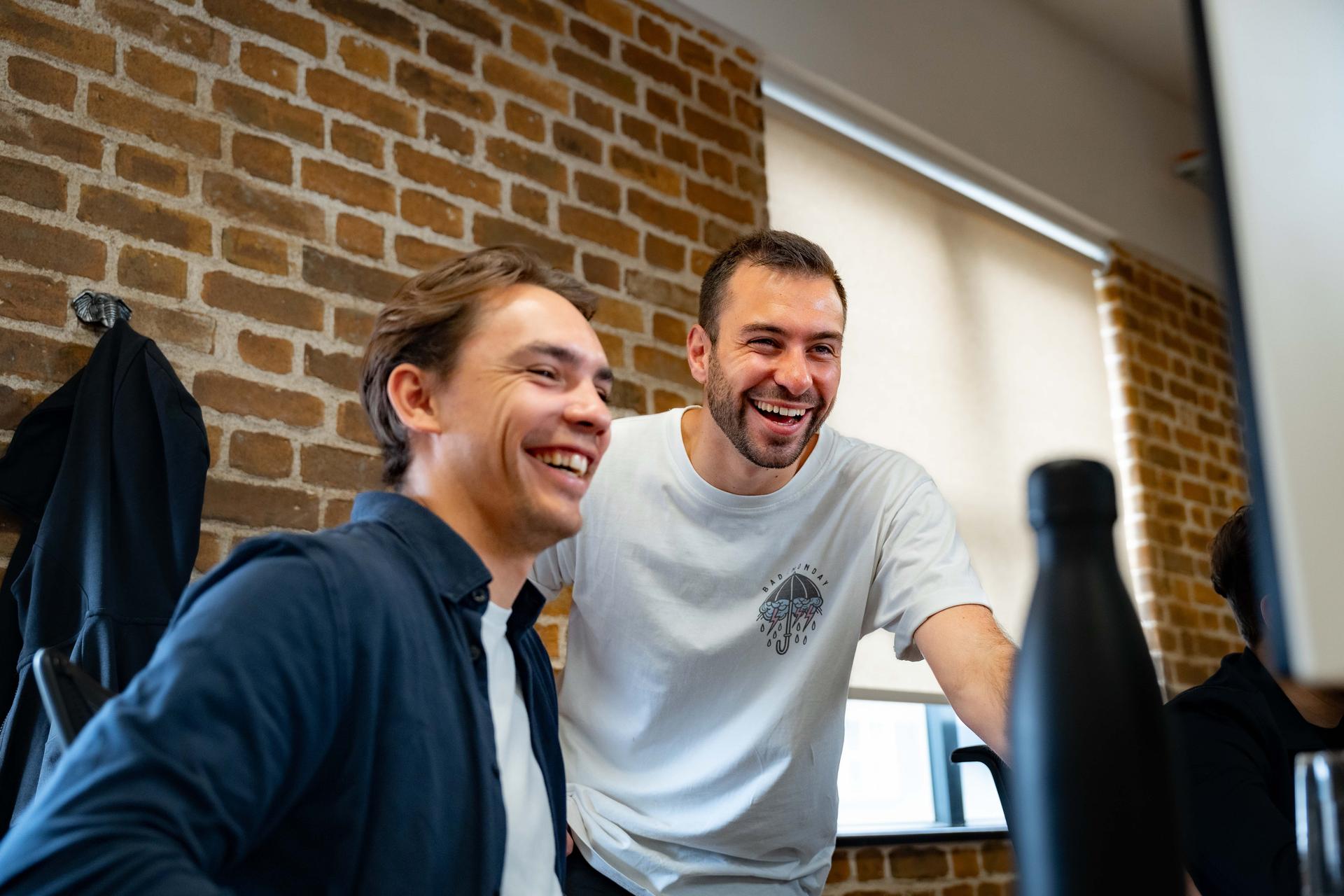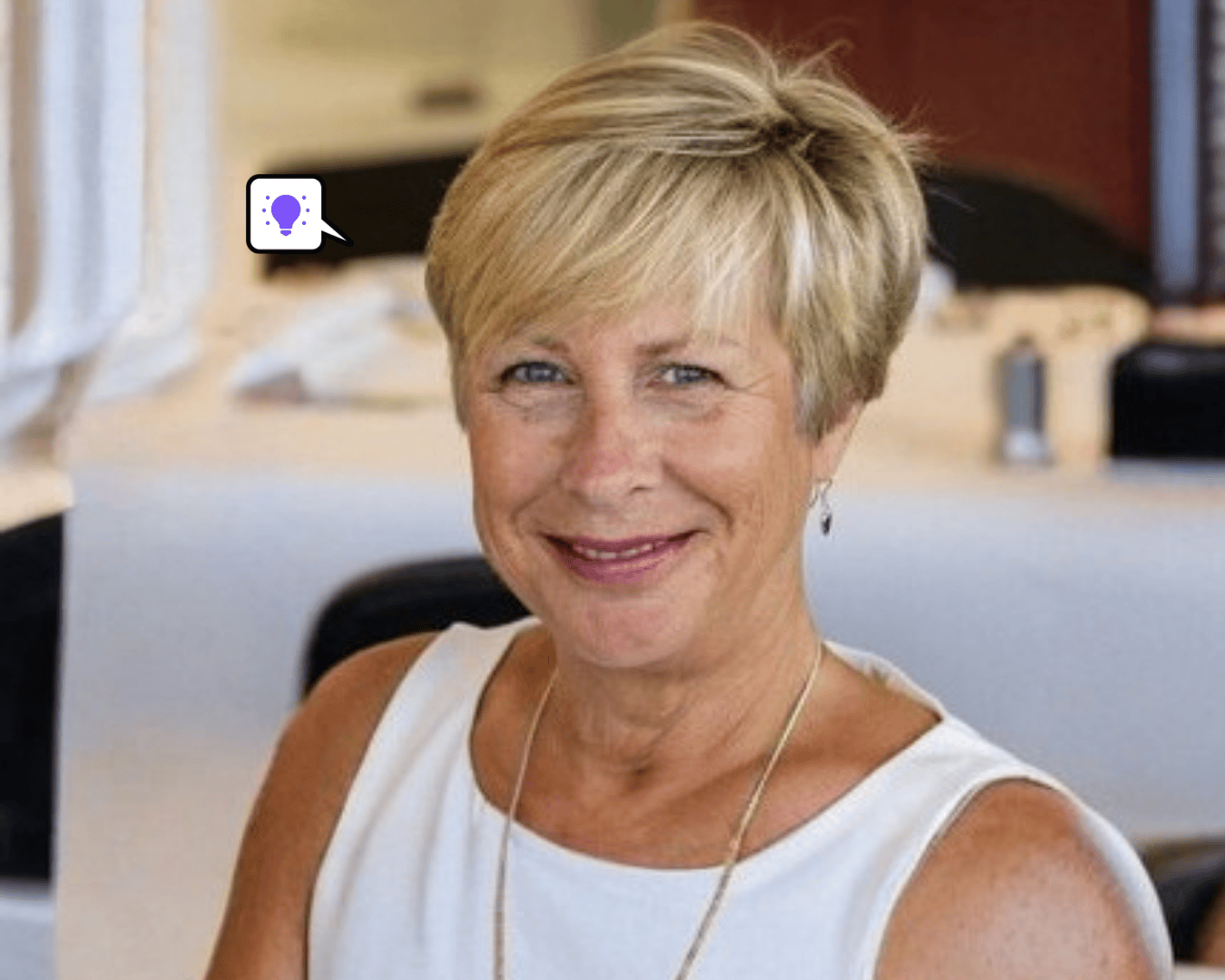Rumi, the 13th Century poet, believed that in order to learn and improve, we must try to “lose all sense of shame.” If we fear failure, we will never try to stretch ourselves. If we never try to stretch ourselves then we will never change.
What a way to start an examination of a thriving work culture. Pretty powerful stuff. Admittedly, I don’t think Rumi had a Farringdon-based Early Talent and Employer Branding Agency in mind when he penned this thought. But, this insight actually offers us a handy lens through which we can observe the Wiser world of work.
Shame is Creative Kryptonite
Sharing an idea in a brainstorming session only to be asked to go and fetch the coffee. An intern emailing a question to a C-suite member only to be judged for bothering the “important” people with minutiae. When someone in the office is shamed, others see that and quickly adapt to avoid the same mistakes and the same terrible feelings of shame.
When your business depends on good ideas and a culture of collaboration, nothing can damage the creative process quite like a culture of shame. They say it takes a village to raise a child. The same goes for a creative enterprise. Especially for a business that is trying to change the way people think about work.
If running an agency was a one-person task, then we would all be out of a job. You’d find me painted silver, trying and failing to be a convincing robot on the Southbank.
As for the one person left in Baker’s Yard, they wouldn’t be producing the same level of work as before. Why? Because they’re human, and (spoiler alert) humans aren’t perfect. We don’t always have great creative ideas. But we shouldn’t be ashamed of these ideas. We should see them as springboards for other thoughts.
Sometimes, the best thing to do is take an idea 10% of the way. Then, the people you're working with will add, build, subtract and augment. Shaping it into something new, maybe even taking it in a totally different direction. None of that is possible without your initial suggestion. None of that is possible if you feel too scared to share — worried that you will be judged and ridiculed.
What is Shame?
Carl Gustav Jung was right when he said that shame is a ‘soul-eating emotion.’ That moment when your Mum asks who helped themselves to the last of the hob-nobs. That feeling when you crack a joke and are met with a sea of silent peers. That sinking feeling in your gut.
Rebecca Schaumberg, Organisational Psychologist at the University of Pennsylvania, observes that “people rely on others' shame, more so than other emotions, to infer how they should or should not behave in a social context.” As humans, we learn by trial and error. In a social context, shame is the same process, except we learn by the perceived ‘error’ of others. Do you remember being a child? Were you, or someone you knew, told off for doing something a bit different? Something a bit off-piste? This is where we learn shame. The faux-pas, the awkward silences. People rely on others' shame, more so than other emotions to infer how they should or should not behave in a social context.
Not only is this harsh, it’s also deeply unproductive — especially in a workplace.

The No-Shame Game at Wiser
You experience shame because you feel like you didn’t do or say the thing that may be ‘right.’ The ordinary thing. But at Wiser, we’re on a mission to ignore the ordinary. You can’t feel shame in a place where unconventional thinking is embraced. Instead, a sense of pride and autonomy in one’s work is encouraged. This is something you should try to encourage in your workplace.
Have faith that a good idea can come from anywhere and anyone is a great place to start. Coders are capable of finding that perfect tagline. Project managers might think of a flawless film concept. Everyone is capable of adding their own flavour to the dish. And that’s something to be encouraged. When you introduce a ‘no shame culture,’ you create a free, creative atmosphere. You instil confidence in people and you allow them to believe in their abilities.
It all stems from mutual respect. Acknowledgement that your ‘rank’ isn’t related to your right to be heard. This respect comes from the top down. At Wiser, our founders are not mythical figures who live upon high, only coming down to Earth to shake a couple hands and sign a few dotted lines. If you’re senior in your company, make an effort to chat and listen to everyone from any level of the company.
When people see this example being set, they realise that this place isn’t like the places they used to work in. This is a culture where authenticity is valued. Be real. Be yourself and be kind. Not only is it the most pleasant, it is also the easiest way to behave. By adopting a no shame culture, you will notice a lift in morale. You’ll also see your collective creativity reach new levels.
Remember, the worst idea is the good one that is never said.
Want more insights into the world of work?




